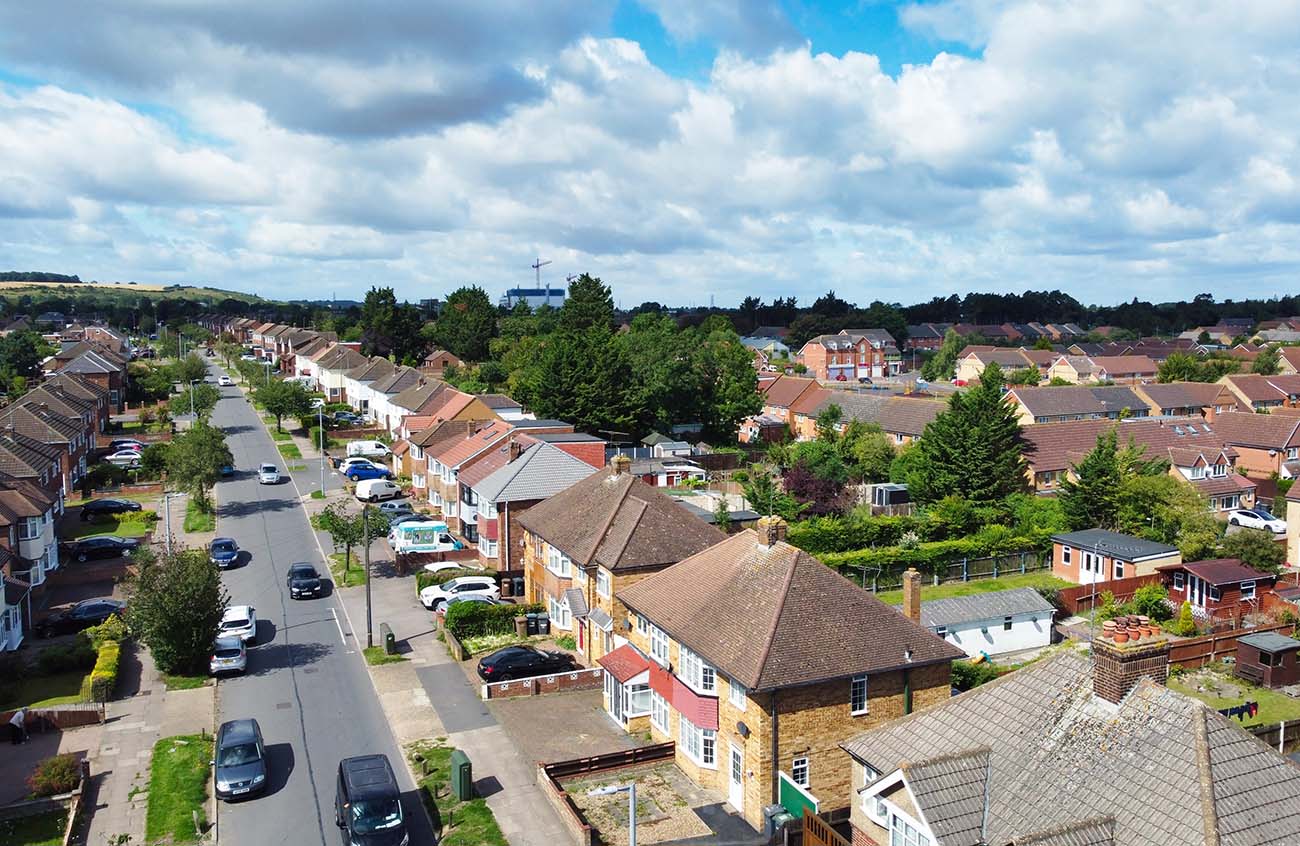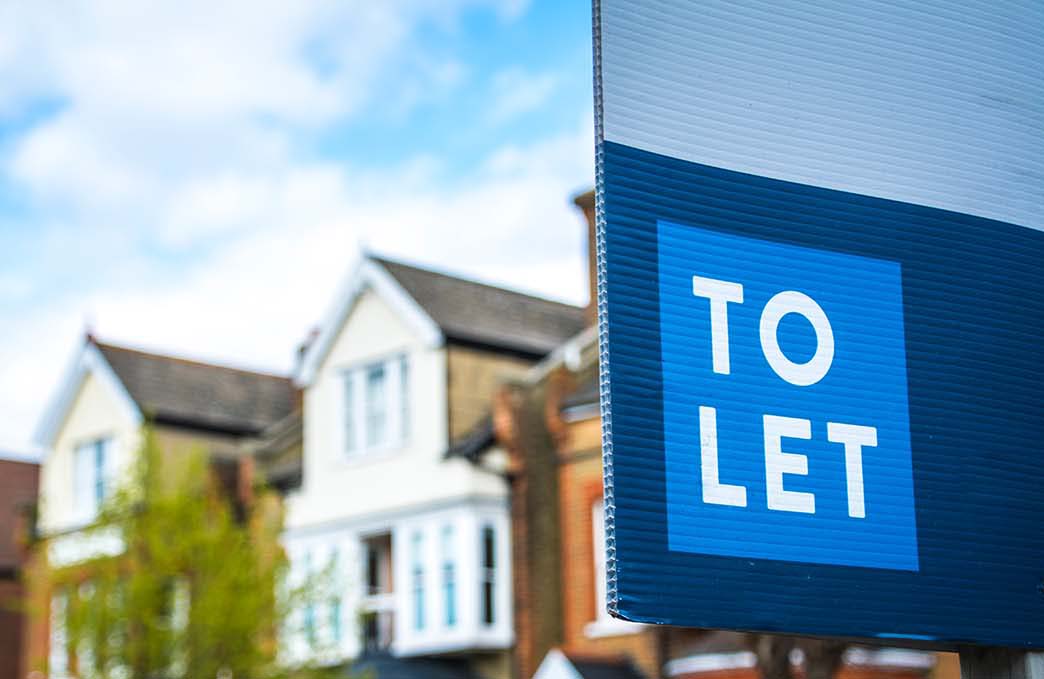Ed Miliband announces renewed interest in EPC targets for Private Rented Sector
Ed Miliband, Energy Security and Net Zero Secretary, has announced in a recent session in the House of Commons that landlords would need their properties to meet an Energy Performance Certificate (EPC) rating C by 2030. This marks a significant reversal following the Conservative Government’s decision to scrap the Minimum Energy Efficiency Standard (MEES) regulations in September 2023.

What are Minimum Energy Efficiency Standards?
The Minimum Energy Efficiency Standards (MEES) are a set of regulations that establish a minimum energy efficiency rating, or Energy Performance Certificate (EPC) rating, for domestic private rented properties in England and Wales.
Under the minimum standards, landlords must ensure that existing and new lets meet the minimum targets, unless an exemption has been registered on the Private Rented Sector Exemptions Register.
The aim of the minimum standards is to improve the energy efficiency and quality of private rented homes, in accordance with the UKs targets for decarbonisation.

Why are Minimum Energy Efficiency Standards important?
The UK has some of the worst-performing buildings in Europe. To achieve net zero carbon emissions by 2050, it is estimated that approximately 29 million homes need significant energy efficiency improvements.
The fuel poverty statistics show that 35% of fuel poor households in England are in the Private Rented Sector (PRS). This equates to just over 1.1 million homes. Poorly performing homes not only result in high fuel bills, but also cold, draughty and leaky living conditions that pose a health risk to occupants.
The MEES regulations established a baseline for energy performance in private rented properties, with the aim of enhancing energy efficiency, reducing carbon emissions and tackling fuel poverty.
When were Minimum Energy Efficiency Standards first introduced?
The Minimum Energy Efficiency Standards were first introduced by The Energy Efficiency (Private Rented Property) Regulations 2015, targeting all privately rented domestic properties in England and Wales.
Beginning in April 2020, landlords could no longer let or continue to let properties with an Energy Performance Certificate (EPC) rating below an E, unless a valid exemption was in place. Landlords who failed to comply faced financial penalties.
Following this, the government also proposed raising the minimum standard to EPC rating C for new tenancies by 2025 and for all tenancies by 2028.
However, in September 2023 the Prime Minister at the time, Rishi Sunak, announced a shift towards a “more pragmatic, proportionate, and realistic approach” to achieving net zero, which included the scrapping of the MEES regulations.
What has been announced?
Within the Labour Party’s 2024 election manifesto, the Party announced its commitment to implement a ‘Warm Homes Plan’, with the aim of upgrading Britain’s homes and cutting fuel poverty, including within the Private Rented Sector.
Following the election, Prime Minister Keir Starmer appointed Ed Miliband as Secretary of State for Energy Security and Net Zero. This position includes the responsibility for delivering the Warm Homes Plan.
Last week, Ed Miliband told the House of Commons that: “One thing that this Government will do that the last Government did not, is demand that landlords raise the standard of their accommodation to a proper energy performance certificate standard C by 2030.”
The Energy Security and Net Zero Secretary stated that this move would help tackle fuel poverty, which currently affects more than three million people in the country.
Further details were not provided on how the minimum standards are to be achieved. The government is expected to provide further information in due course.
Are there any MEES exemptions:
Prior to the MEES regulations being scrapped in September 2023, there were a number of exemptions in place for landlords who were not able to achieve the minimum targets. These included a ‘high cost’ exemption, ‘all improvements made’ exemption, ‘consent’ exemption and more.
It is likely that exemptions will be available for landlords, under certain criteria, once MEES is reintroduced. However, the government is yet to confirm this.
Elmhurst Thoughts:
The Minimum Energy Efficiency Standards for the Private Rented Sector have played a crucial role in moving England and Wales toward the net zero by 2050 target. Elmhurst supports the Government’s commitment to reintroduce MEES and action their commitment to tackling fuel poverty.
We now await further information from the Government regarding the MEES regulations, including details of any exemptions or the support available to landlords to make necessary improvements and achieve these standards. It is important that further information is provided promptly, to allow landlords adequate time to meet the relevant minimum standards.
Moreover, to facilitate the reintroduction of MEES, it is crucial for the EPC Action Plan and Reform Consultation to gain substantial traction. EPC reform will not only support the implementation of MEES, but also help deliver changes to minimise concerns surrounding the suitability of EPCs within MEES, particularly when properties are in challenging circumstances.
Elmhurst will keep members informed of any further news or announcements relating to the Minimum Energy Efficiency Standards.
Further Resources:
Domestic private rented property: minimum energy efficiency standard – landlord guidance – https://www.gov.uk/guidance/domestic-private-rented-property-minimum-energy-efficiency-standard-landlord-guidance
Accredited official statistics: Fuel poverty detailed tables 2024 (2023 data) – https://www.gov.uk/government/statistics/fuel-poverty-detailed-tables-2024-2023-data
UK Set to Take Backward Step on Road to Net Zero – https://www.elmhurstenergy.co.uk/blog/2023/09/20/uk-set-to-take-backward-step-on-road-to-net-zero/
